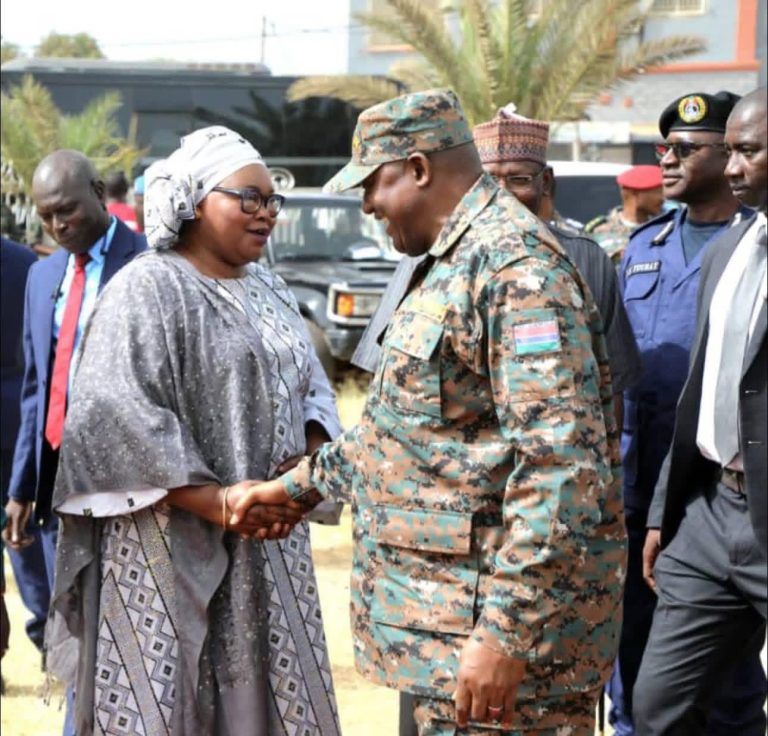
By: Mar Nyang
As a Net Importer and a Trade Deficit Country, almost everything we consume and use is imported. We buy these imported goods in CFA, US Dollar or Euros and the Dalasi have been underperforming against these trading currencies.
If you were and still receiving D7,000 as your salary since 2020, life is not going to be the same for you. Just 4 years ago, D7,000 was moderately enough for you to take care of your basic needs. This is no more the case. The government have increased taxes and other fees, so businesses are putting those burden on you.
For example, if you were buying a pot of Mayonnaise for D65 four years ago (2020), and now for D175, the reason is connected to the 3 correlated issues, among others.
1. Gambia is a Net Importer and a Trade Deficit Country
2. Record depreciation of the Dalasi against the CFA, Euro and the US Dollar
3. Tax hike by the government
That mayonnaise is imported, bought in foreign currencies that are stronger than the Dalasi, importers must pay the fees and taxes at both GRA and Ports, and the price of the mayonnaise will inflate and be carried over to the customers.
Fuel prices have increased, so you must pay double the taxi fees back in 2020, food prices have increased, so the expenses of your daily 3 meals have increased almost 100 per cent, Cash Power has increased, so if D200 cash power was serving you for 4 days, it can only serve you for 2½ days, with the same home appliances. Even a mere street coffee cup has increased to D20.
The average Gambian salary remains low and inadequate to cover monthly basic expenditure needs. Let me make it simple why life is hard in recent times by breaking down the expenditure of a D7,000 salary.
1. Transport from Coastal Road to Banjul: D100 x 22 workdays = D2,220 (balance D4,780)
2. Cash Power: D400 x 4 = D1,600 (balance D3,180)
3. Breakfast at work: D50 x 22 workdays = D1,100 (balance D2,080)
4. Dèpance: D200 x 30 days = D6,000 (balance – (D3,920))
5. Saku Malo: D1,800 (balance – (D5,780))
6. Medicals: At least 1500 (balance – (D7,280))
7. Water bills: D300 monthly (balance – (7,580))
8. Telephone Credit & Data Bundles: D300 x 4 weeks = D1200 (balance – (D8,780))
So, for our man earning D7,000 as his monthly salary, he will need an extra amount of D8,780 to meet his monthly expenditure needs. He will either be on loan, family financial aid, or through illicit or corrupt means in the government, to make up the deficits.
This is one of the contributing factors why the quality of public service is poor in the government. Mandatory financial responsibilities that you cannot meet the next day can make you depressed, lack focus and be unproductive at work.
There are so many strings attached to policy decisions made by our governments, especially fiscal and monetary policy decisions. They can either make life easier or more difficult for people.
Just last week, the Senegalese government introduced an $87 million package to reduce the cost of living. This will probably reduce to some degree the cost of living in Senegal.
Gambia must take robust measures to reduce taxes and invest in other alternative revenue generating windows of opportunity. This way, you are not only increasing domestic revenue but also creating jobs and reducing unemployment. Unlike increasing taxes, which has closed businesses in The Gambia thus reducing employed staff to unemployment.
Tax revenue is increasing but to the expense of the poor, who must pay extra for basic goods and services.




